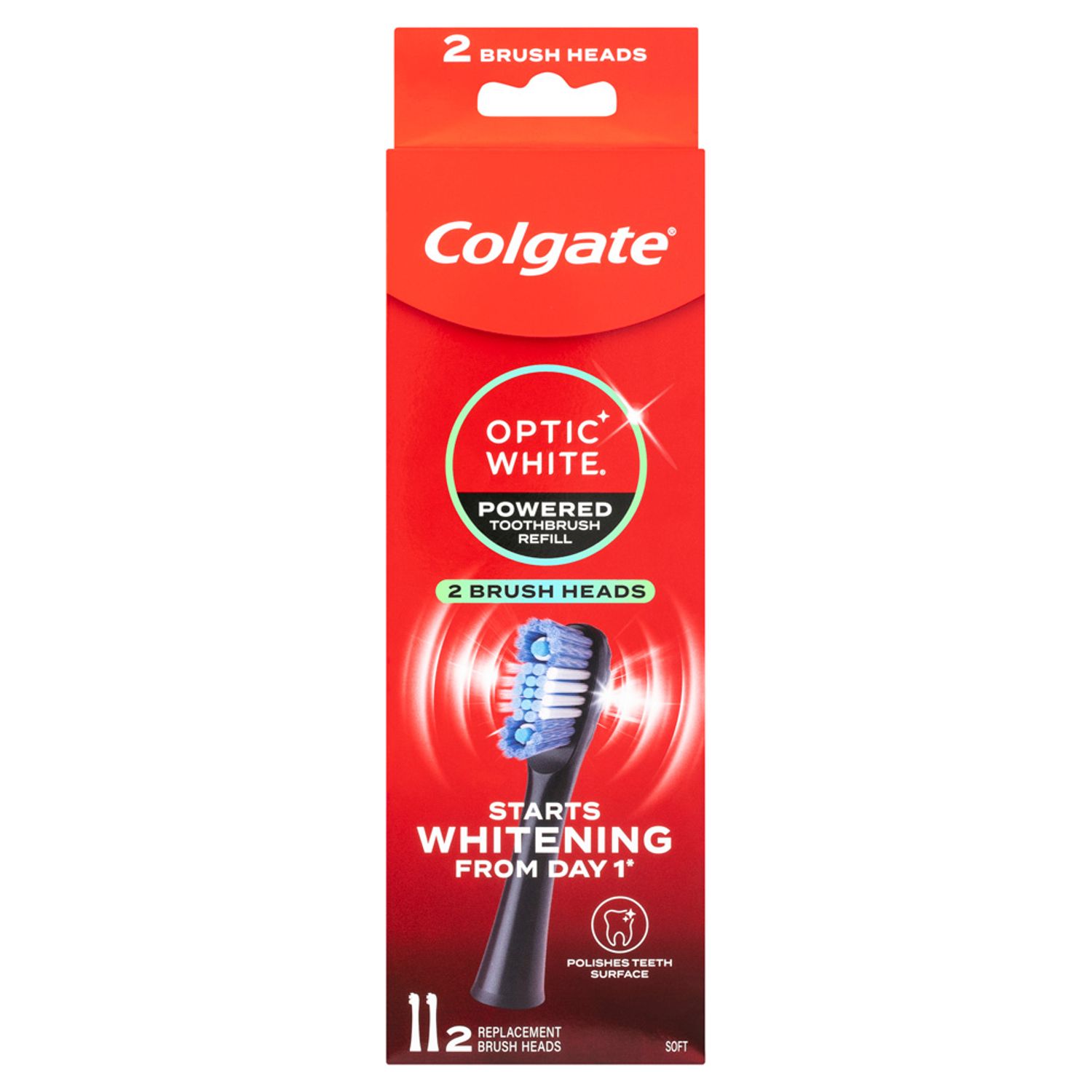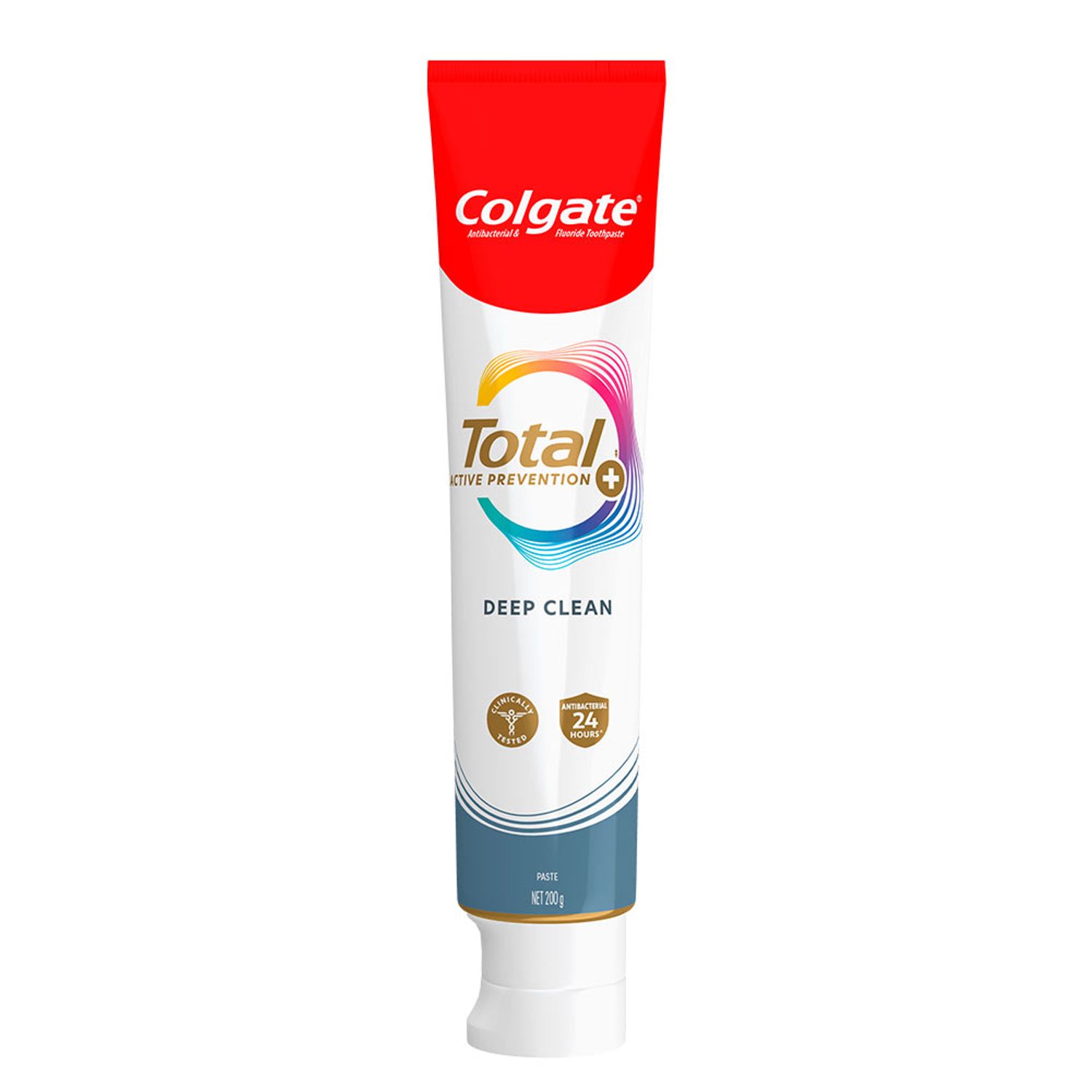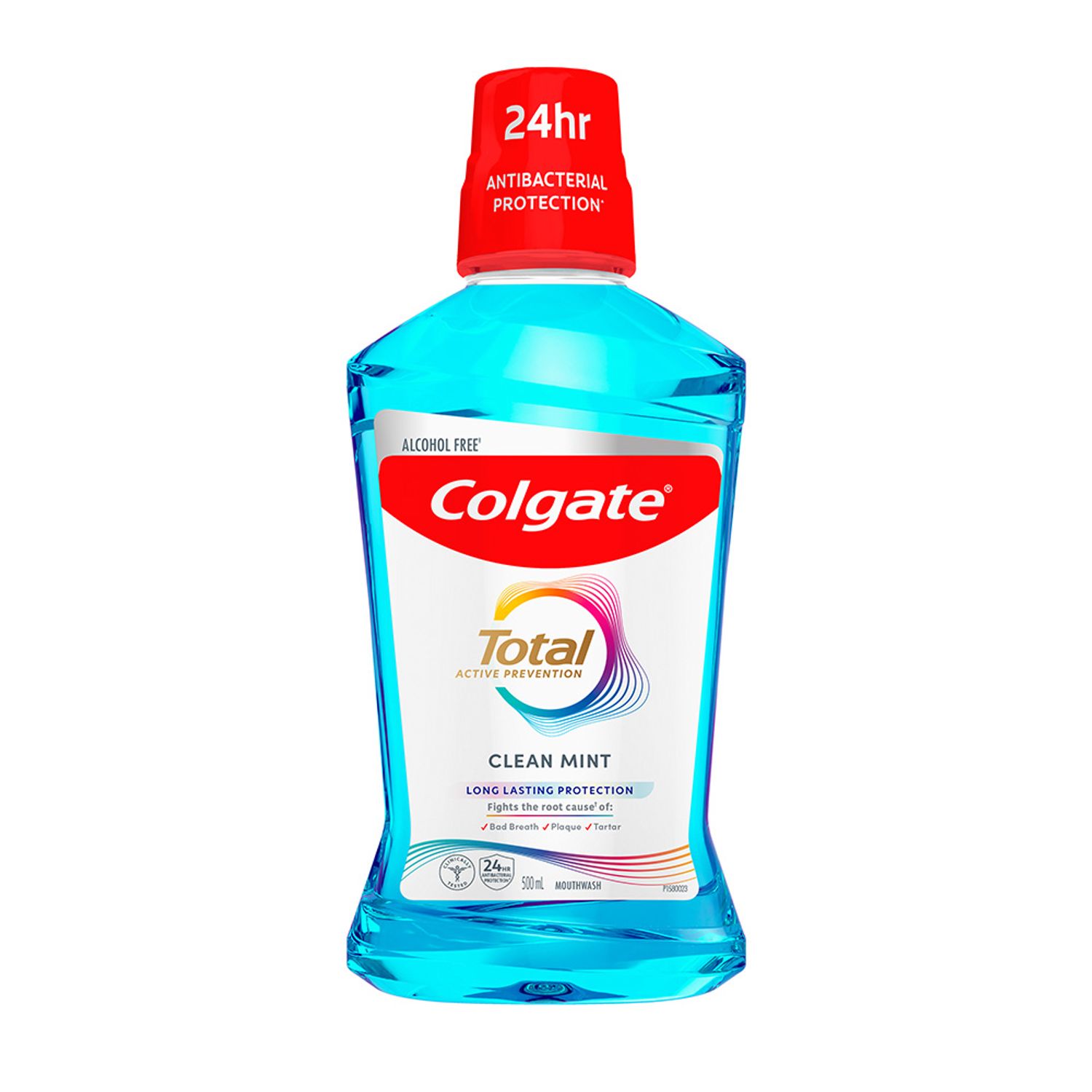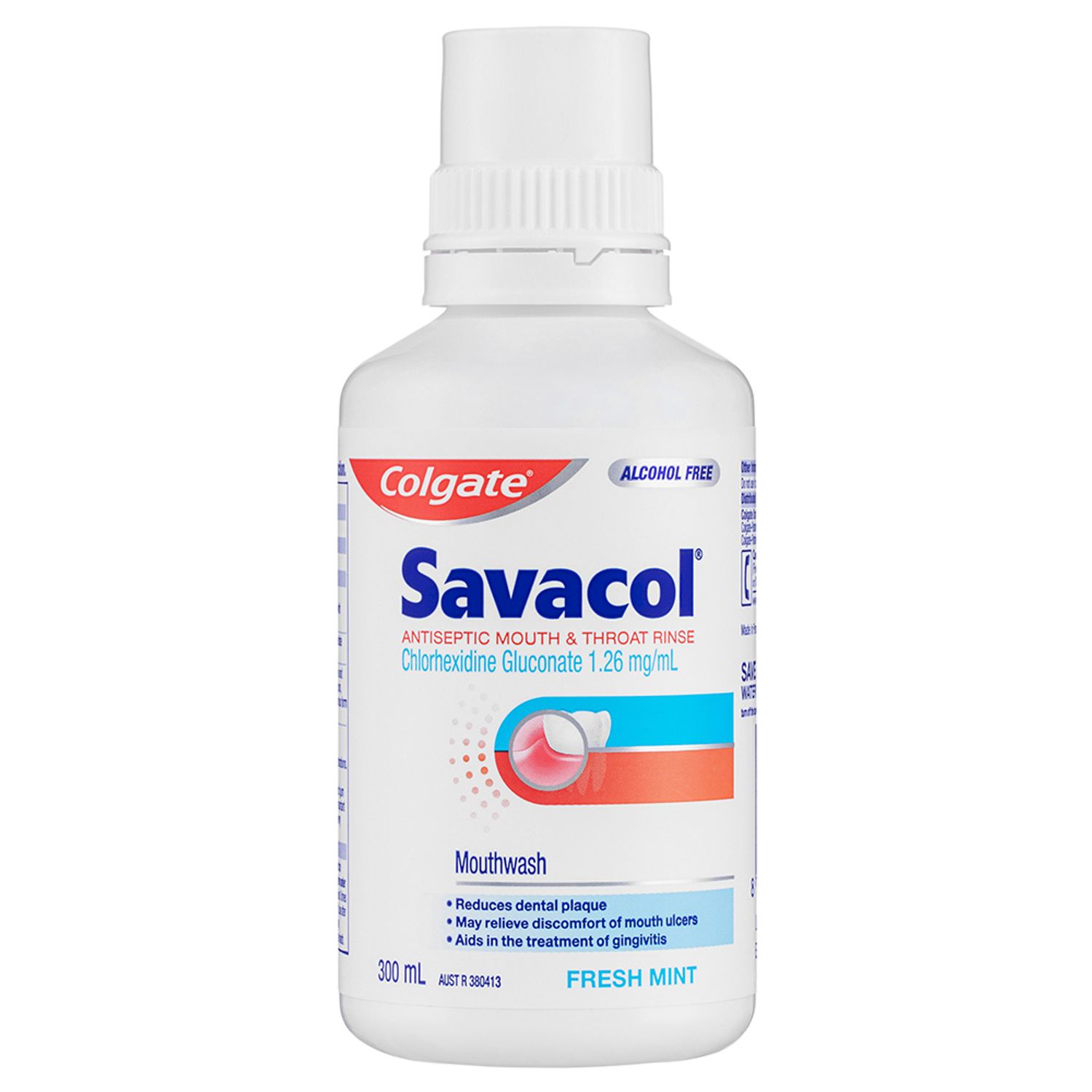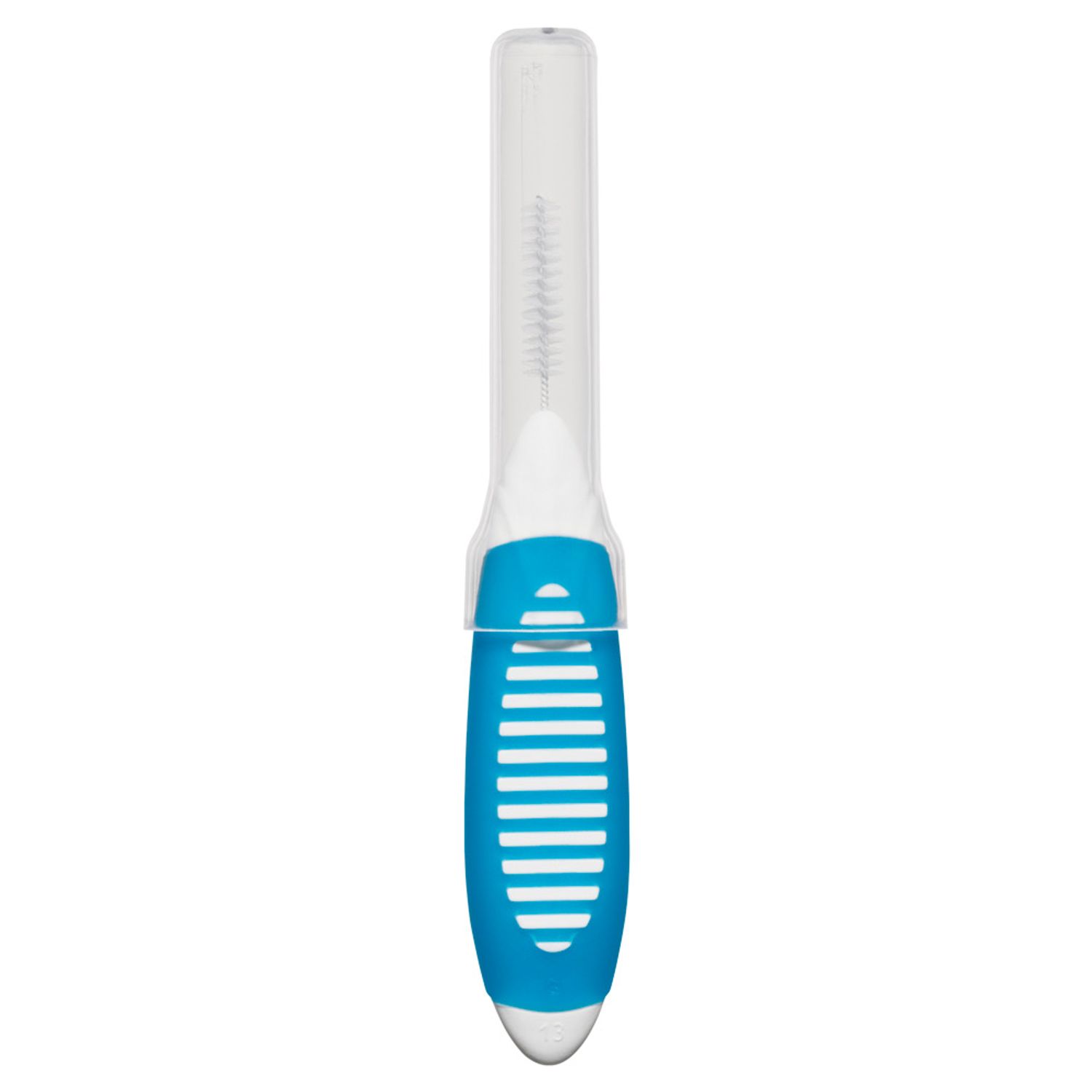-
-

BRUSHING & FLOSSING
How to BrushWhat Is the Right Way to Brush?
Proper brushing takes at least two minutes — that's right, 120 seconds!...

BRUSHING & FLOSSING
How To FlossWhat is the Right Way to Floss?
Proper flossing removes plaque and food particles in places where a toothbrush cannot easily reach... -
Science & Innovation
- Colgate® | Toothpaste, Toothbrushes & Oral Care Resources
- Oral Health
- Dry Toothpaste 101: What Is It & How Does It Work?


If you're suffering from a dry mouth, the good news is that you can do various things to alleviate it. There's even dry mouth toothpastes you can use so your mouth has a better chance of staying healthy and hydrated.
What is a dry mouth?
Before discussing the benefits of dry mouth toothpastes, let's discuss dry mouth syndrome, also simply called a dry mouth - or technically speaking - xerostomia. (Pronounced zee·ruh·stow·mee·uh) A dry mouth occurs when there's not enough saliva in your mouth to keep it moist.
Here are some of the causes of a dry mouth:
- Side effects from certain medications (antihistamines, decongestants, etc.)
- Toxicity from chemotherapy
- Head and neck radiotherapy
- Autoimmune disease
- Other conditions (uncontrolled diabetes, infections, hormonal changes, etc.)
The saliva in your mouth is crucial for washing away food debris and acids from food and drink. When there is not enough saliva, it can lead to tooth decay and cavities. Common symptoms of a dry mouth include:
- difficulty speaking, tasting, chewing and swallowing
- stickiness or dehydration in the mouth
- cracked lips
- sore throat
- an occasional burning sensation
Dry mouth toothpastes
In recent years, dry mouth toothpastes have been created to help your parched mouth and provide some much-needed relief. However, before you race to the shops, here are some tips to consider when choosing a dry mouth toothpaste:
- Make sure it's designed to combat a dry mouth
- Check to see if it contains fluoride to fight tooth decay
- Consult with your dentist to see if they have a recommendation about whether a dry mouth toothpaste is right for you
Dry mouth remedies
Dry mouth toothpaste is just one solution to overcome a dry mouth. Fortunately, there are many other simple ways you can help alleviate your dry mouth symptoms. According to Better Health Channel, those include:
- chewing sugar-free gum
- limiting your caffeine intake
- avoiding mouthwashes that contain alcohol or strong mint
- avoiding tobacco use
- staying hydrated
- including watery foods in your diet
- trying a mouthwash designed for dry mouth
- breathing through your nose, not your mouth
- adding moisture to the air at night with a room humidifier
If you are taking medications or would like more advice about alleviating your dry mouth symptoms, ask your doctor or dental health professional for more dietary suggestions and recommendations regarding medications.
As Better Health Channel states, keeping your oral health in check can also help dry mouth symptoms. So make sure you:
- avoid sugary or acidic foods and drinks to protect your tooth enamel
- regularly use fluoride-containing products (ask your dental health professional about the appropriate products for you)
- visit your dental professional regularly for your regular cleanings and any necessary dental work required
Proper oral care, regular visits with your dentist, and some of the above tips should help relieve your dry mouth symptoms. Plus, with the advances in modern dental products, there's now a convenient and relieving choice of toothpaste to help you as well.
Related Articles

Electric or Manual Toothbrushes, which one is better? Learn their differences, considering their effectiveness in dental health and oral hygiene.

Gingivitis is the first stage of gum disease. Knowing the warning signs can help you treat it quickly and prevent more serious issues. Learn more here.

Electric toothbrushes are a fantastic investment into your oral health, especially if you wear braces. Learn about electric toothbrushes for braces in this guide.
This article is intended to promote understanding of and knowledge about general oral health topics. It is not intended to be a substitute for professional advice, diagnosis or treatment. Always seek the advice of your dentist or other qualified healthcare provider with any questions you may have regarding a medical condition or treatment.
Related Products

Helping dental professionals
More professionals across the world trust Colgate. Find resources, products, and information to give your patients a healthier future

